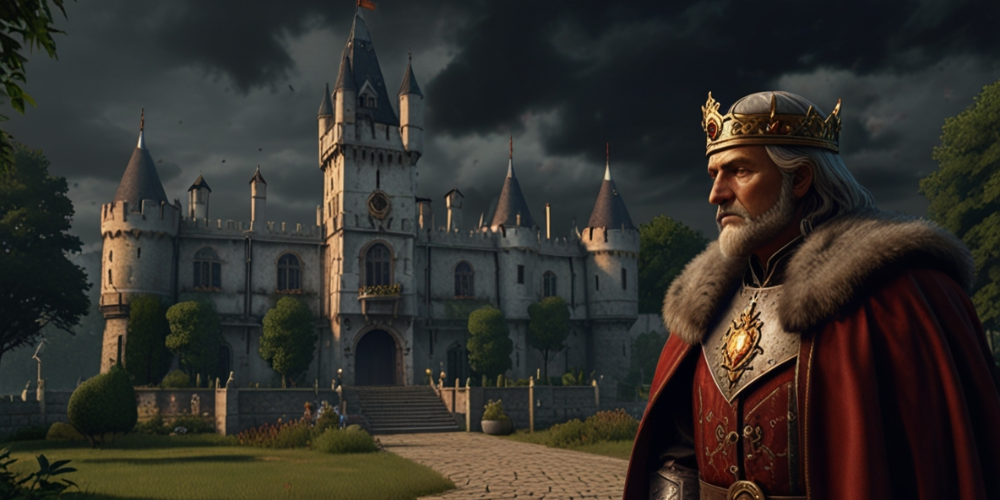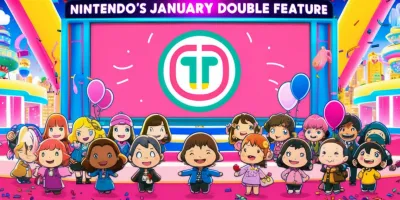Embracing Finite Joys: The Case for Diversifying Your Gaming Experience

If you ever find yourself at a loss for activities in your current favorite game, heed the words of the primarily solo developer behind the hit city builder, Manor Lords. Rather than burning out on a game once you've exhausted its content, they suggest taking a break and exploring other games until fresh updates bring new excitement and challenges.
Many gamers and developers face disappointment by chasing endless, repetitive enjoyment rather than valuing finite, memorable experiences. It's been refreshing to see more developers counter the idea that a game must continually churn out content to remain relevant. According to Slavic Magic, the mind behind Manor Lords, the remedy to this issue is simple: explore different games.
When a Twitter user expressed a lack of motivation to continue playing Manor Lords after 34 hours, Slavic Magic responded appreciatively of their time spent on the game. They recommended trying other games like Norland in the interim and returning when new updates were available to provide fresh experiences and challenges.
Slavic Magic is not alone in promoting this perspective. The developers of Final Fantasy 14 have long encouraged their dedicated player base to regularly diversify their gaming experiences. Recently, there's been a growing recognition that the pursuit of a 'forever game' can be misleading. Palworld’s community manager stressed that player counts are not the ultimate measure of a game's success and warned that it's unhealthy for games meant for shorter play intervals to strive for perpetual engagement.
Bucky, the community manager, emphasized that continually pushing oneself to play the same game is detrimental on multiple fronts. It's unhealthy for developers, gamers, gaming media, and the entire industry. Acknowledging the limits of individual games ensures healthier relationships with gaming.
Manor Lords' publisher supports the notion that not every game needs to adopt a live-service model. They advocate that developers shouldn't be compelled to create indefinitely at the expense of their mental and physical well-being.












